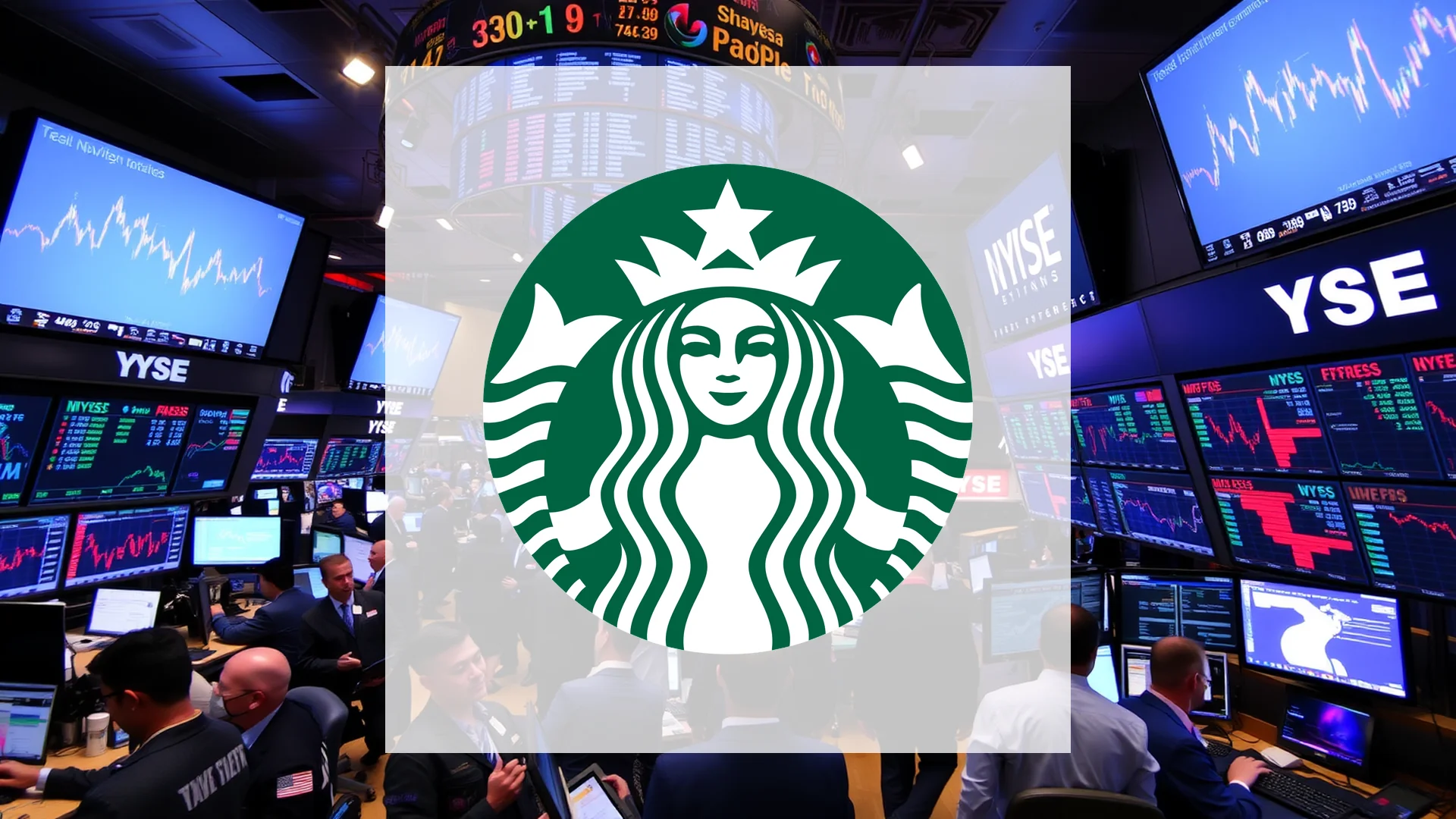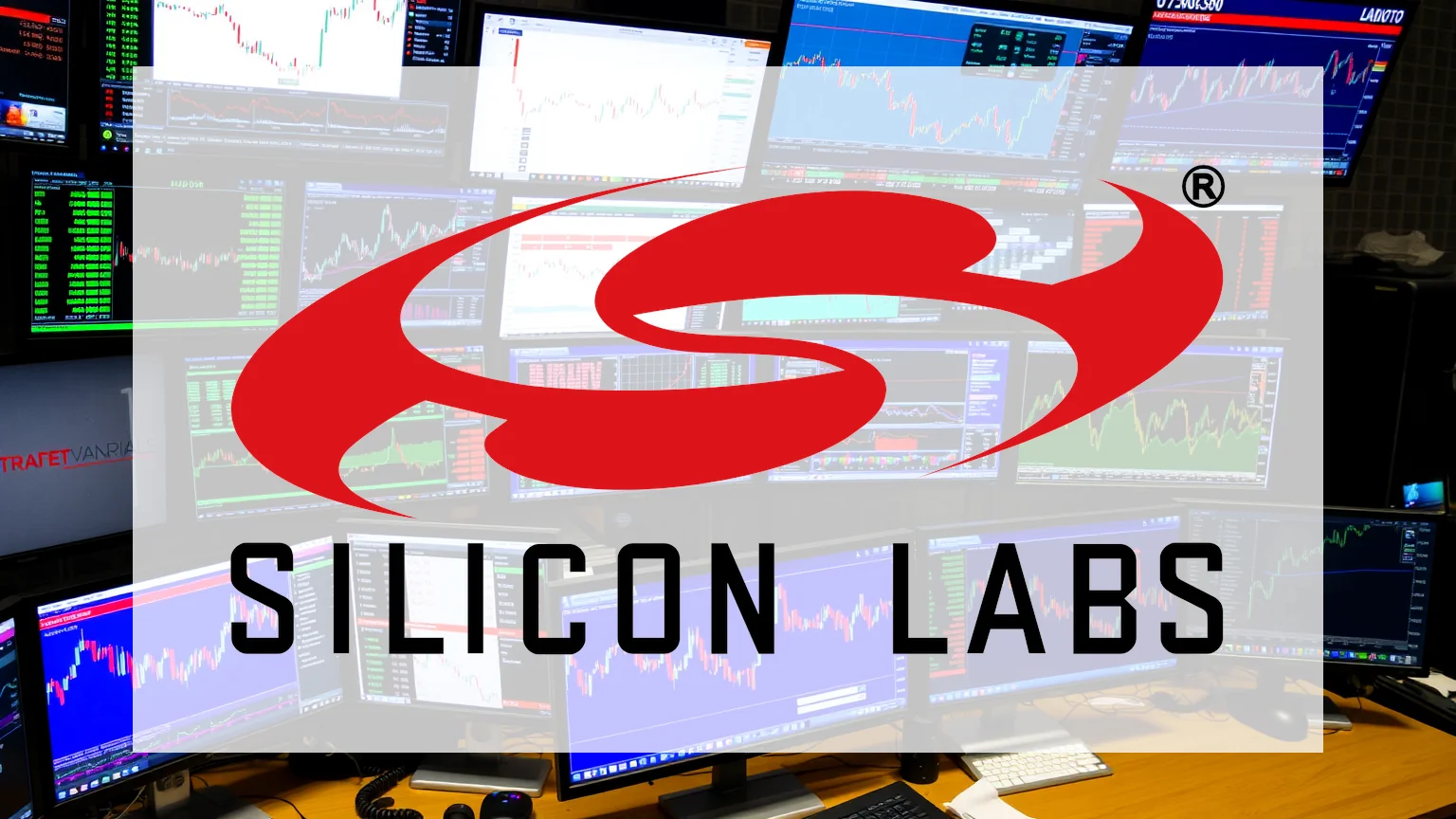Recent securities filings revealing stock sales by multiple Lemonade executives have drawn attention, but a closer examination shows these transactions were driven by tax obligations rather than negative sentiment. The insurance technology company’s leadership team, including Chief Business Officer Maya Prosor, Chief Insurance Officer John Sheldon Peters, and CFO Timothy Bixby, all disposed of shares on September 3rd at a uniform price of $50.34. These disposals were automatic transactions designed to cover tax liabilities associated with vesting Restricted Stock Units (RSUs), representing standard corporate practice rather than discretionary sales based on insider outlook.
Strong Quarterly Performance Supports Growth Narrative
Lemonade’s fundamental business performance tells a more compelling story than the routine insider transactions. The company’s second quarter 2025 results delivered several positive surprises, with revenue reaching $164 million compared to expectations of $160.39 million. The company also reported a smaller-than-anticipated loss per share of -$0.60 versus the projected -$0.79.
Key performance indicators demonstrated significant improvement:
* Customer count grew 24% to 2.69 million
* Gross earned premium increased 26% to $252.3 million
* Adjusted free cash flow expanded tenfold to $25 million
* Cash and equivalents remained robust at $1.03 billion
Should investors sell immediately? Or is it worth buying Lemonade?
Most notably, gross profit doubled year-over-year to $64.3 million, driven by a 35% revenue increase and a 10 percentage point improvement in net loss ratio. For full-year 2025, management anticipates premium revenue between $1.213 billion and $1.218 billion with total revenue projected from $710 million to $715 million.
Analyst Upgrades Mask Underlying Skepticism
Despite these operational improvements, Wall Street remains divided on Lemonade’s prospects. Two prominent firms recently raised their price targets while maintaining cautious ratings. BMO Capital increased its target from $23 to $42 but maintained its “Underperform” stance, citing ongoing concerns about near-term performance while acknowledging that Lemonade’s Demotech valuation might require less capital than traditional insurers. Similarly, Jefferies lifted its target from $30 to $37 but kept its “Underperform” recommendation, noting improved premium retention as a growth driver while expressing concern about rising debt levels.
The divergence between Lemonade’s operational progress and analyst sentiment presents a central question for investors: will the company’s fundamental improvements eventually overcome the market’s persistent skepticism about its business model and path to profitability?
Ad
Lemonade Stock: Buy or Sell?! New Lemonade Analysis from February 7 delivers the answer:
The latest Lemonade figures speak for themselves: Urgent action needed for Lemonade investors. Is it worth buying or should you sell? Find out what to do now in the current free analysis from February 7.
Lemonade: Buy or sell? Read more here...












